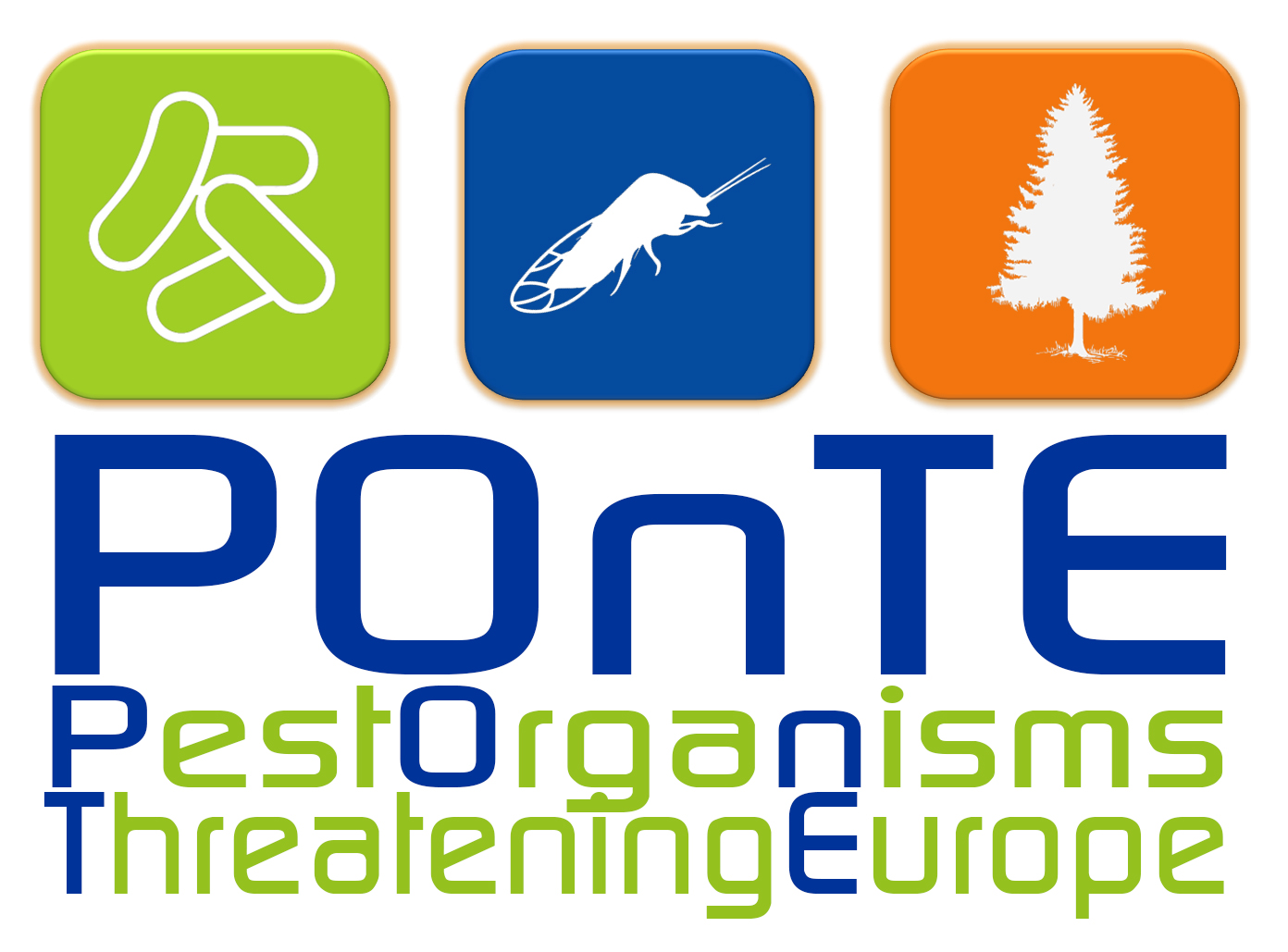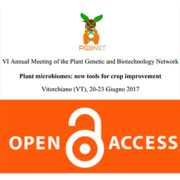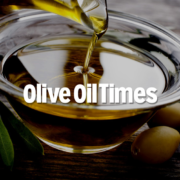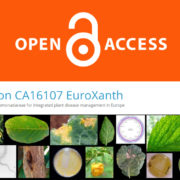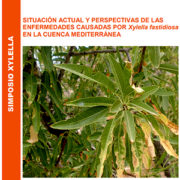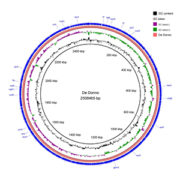Evaluation of biocontrol potency of endophytic symbionts against Xylella fastidiosa infections
Proceedings of the 6th Annual Meeting of the PGB Network ‘‘Plant Microbiomes: new tools for crop improvement’’, Vitorchiano (Viterbo), Italy, 20-23 June 2017. doi.org/10.5281/zenodo.821764
Morelli, Massimiliano1; Giampetruzzi, Annalisa2; D’Attoma, Giusy1,2; Saponari, Maria1; Saldarelli, Pasquale1
1CNR-Istituto per la Protezione Sostenibile delle Piante (IPSP), 70126 Bari, Italy 2Università degli Studi di Bari Aldo Moro, Dipartimento di Scienze del Suolo, della Pianta e degli Alimenti, 70126 Bari, Italy.
Abstract Oral Presentation
Xylella fastidiosa (Xf) is a xylem-limited bacterium, regulated as a quarantine pest, that is causing a devastating disease on olive crops, in the southern area of Apulia (Italy). Its potential spread in the Mediterranean area poses a severe threat to EU agriculture and landscape environment.
Despite the vast literature on Xf relationships with host plants, few efforts have been made so far to investigate the potential role of microbial interactions on the disease phenotype of Xf-infected plants. Having been established a prominent role of endophytic microbiome for protecting plants against biotic and abiotic stresses or promoting growth, the goal of our study is to evaluate if endosymbionts may have an effect on the incidence of Xf disease in olive.
To acquire a thorough knowledge of the composition of microbial communities inhabiting the xylem vessels of olive cultivars showing different susceptibility to Xf infection, a whole-metagenome shotgun analysis accomplished by an unrestricted genome sequencing of all the microorganisms present in the tissue, is currently ongoing. In parallel, efforts to isolate culturable microorganisms to be used in antagonistic assays against Xf, will be performed.
Concurrently with this approach, is already under way the attempt to explore the biocontrol potency of Paraburkholderia phytofirmans PsJN strain, a widely studied plant growth-promoting rhizobacterium, whose beneficial effects in reduction of symptom severity caused by plant pathogenic bacteria have been recently described. In our attempt, an experimental workflow is now being established, to test the capability of P. phytofirmans to colonise xylem vessels and interact with Xf, in N. benthamiana, as a proof of concept, and later on in olive plantlets, being the true target of our sustainable biocontrol strategy.
This research was financially supported by funding from the European Union’s Horizon 2020 research and innovation programme under grant agreement No 635646: POnTE (Pest Organisms Threatening Europe).
Published on June 20, 2017 by PGB NETWORK
